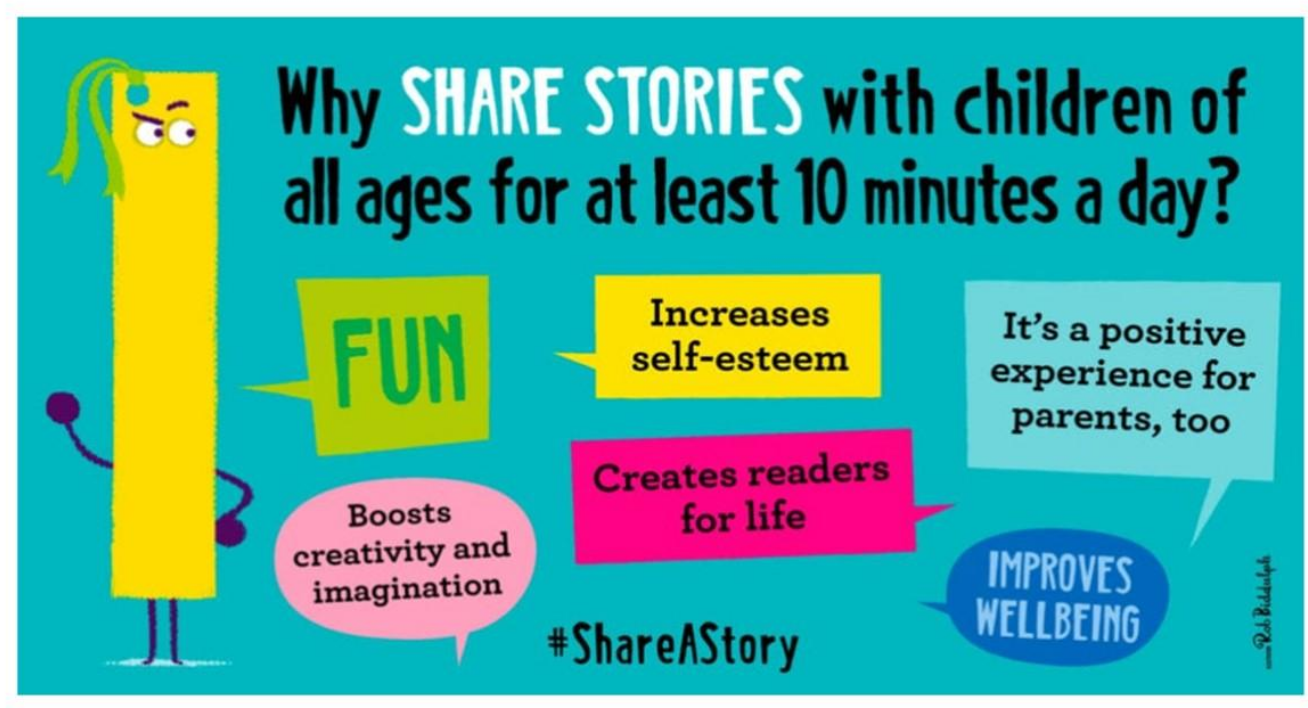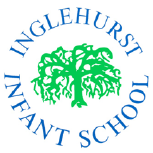Help your child at home

How You Can Help Your Child at Home
One of the best ways to support your child is by telling them stories every day. These can be stories from your childhood, ones you've made up, or stories in your own language. You can also read the books your child brings home from school or borrows from the local library, like the Fosse Library or New Parks Library. Borrowing books is free, and there are no fines for late returns on children's books. But please return them for others to use.
Reading and telling stories have many benefits:
-
It helps your child learn new words and ideas.
-
It makes your child love books and reading.
-
It lets you spend special time together.
-
It helps your child do better in school.
Ask your child about what they learned at school. Ask about their favourite subjects and interesting facts they learned that day. If they find it hard to talk, check the curriculum information sheet from their class.
Your child will bring home two books. One book they can read to you, which matches the letter sounds they know. The other book is for you to read to them from the class library. If the reading book is too easy or too hard, talk to the class teacher. They will make sure your child has the right book.
Remember, anyone can do this! You don't need to be perfect at English to help your child with reading and stories. The important thing is to enjoy the time together and have fun with the books.
Useful websites for learning
Please ensure all internet use is supervised. If you have a problem with the link, copy and paste it into your browser.
Useful websites for Maths
https://www.topmarks.com. Online maths games.
https://www.familymathstoolkit.org.uk Includes ideas for activities to do at home.
https://whiterosemaths.com This has a daily maths lesson for children.
https://themathsfactor.com Online games and lessons.
https://www.bbc.co.uk/cbeebies/shows/numberblocks A good programme to help young children to learn about different mathematical ideas.
https://www.bbc.co.uk/teach/supermovers KS1 maths topics while exercising.
Useful websites for Literacy
Online phonics games. For reception children click on phase 2 or 3. For year 1 and 2 children click on phase 3,4 or 5.
https://ictgames.com Phonics and sight word games.
https://www.bbc.co.uk/cbeebies/shows/bedtime-stories Lots of stories for children to listen to - Stories are a fantastic way to help children to learn!
https://home.oxfordowl.co.uk/ eBooks to read at home for KS1. Speak to your class teacher for log-on details
https://stories.audible.com/start-listen Lots of stories to listen to.
https://www.bbc.co.uk/teach/supermovers KS1 English topics while exercising.
https://www.worldbookday.com/world-of-stories Lots of stories to listen to.
Other useful websites
https://www.bbc.co.uk/bitesize/primary BBC daily lessons for home learning
https://offschool.org.uk/ Lots of ideas for home learning and fun activities.
https://www.thenational.academy/online-classroom Daily Maths, English and foundation subject lessons for Reception - Year 10
https://www.leicester.gov.uk/schools-and-learning/adult-skills-and-learning/family-learning/ Family Learning
https://school.eb.co.uk/ Britannica School - primary aged online encyclopaedia. Speak to your class teacher for log-on details
https://gonoodle.com Online music and movement activities.
https://www.bbc.co.uk/teach/supermovers Learn simple phrases in French and Spanish while exercising.
https://www.bbc.co.uk/teach/ks1-geography KS1 Geography video lessons.
https://www.bbc.co.uk/teach/ks1-history KS1 History video lessons.
https://www.bbc.co.uk/teach/ks1-music KS1 Music video lessons.
https://www.bbc.co.uk/teach/ks1-pshe KS1 PSHE video lessons.
https://www.bbc.co.uk/teach/ks1-science KS1 Science video lessons.
https://www.outoftheark.co.uk/ Songs and activities. Enjoy singing some of the songs from our school assemblies.
Special educational needs
https://www.gov.uk/guidance/help-children-with-send-continue-their-education-during-coronavirus-covid-19 Help children with SEND continue their education during coronavirus (COVID-19): advice for parents and carers looking after children with special educational needs and disabilities (SEND)
https://www.bbc.co.uk/bitesize/articles/zh9v382?fbclid=IwAR2Qss3hQfdIozMxh6QtgeSXlMBPKqZ_ocT27RKQ-dy7bB9TsmS0RLIDm8c BBC Bitesize parents' SEND toolkit
